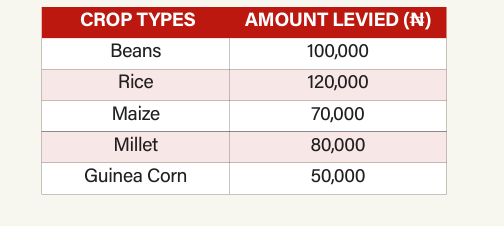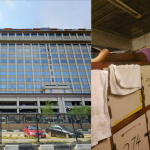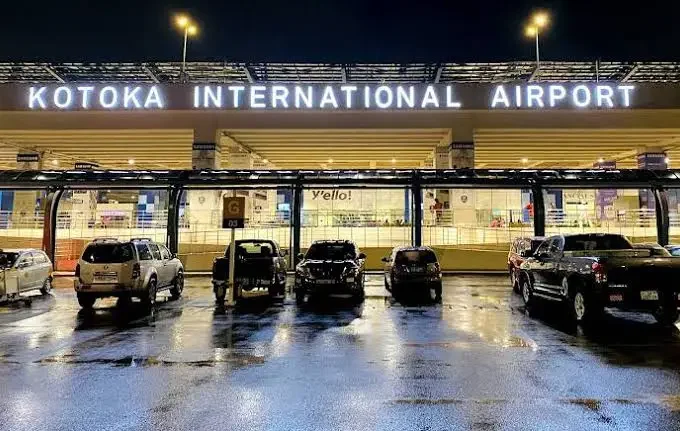
Northern Nigerian Farmers Forced to Pay Large Sums to Bandits for Permission to Farm and Harvest

A recent report has revealed that local farmers in Northern Nigeria are compelled to pay hefty sums, ranging from N70,000 to N100,000, to bandits and terrorists for permission to farm on their own land.
The report by SB Morgen Intelligence is themed “Levies Or Lives: the Dilemma of Farmers in Northern Nigeria”. It detailed the devastating consequences farmers face if they resist these demands. The consequences include abduction, murder, or the confiscation of their produce.
“Farmers are now forced to pay levies to bandits to access their farmlands and harvest their crops. This practice, which began around 2019, has become more pronounced in subsequent years, particularly during the last farming season. As a result, millions of naira have been channelled to bandit groups through this shift towards farming taxation”, the report said.
Communities in Kaduna State, such as Kidandan, Galadimawa Kerawa, Sabon Layi, Sabon Birni, and Ruma, have been severely impacted, with residents reporting significant payments for the right to farm.
The situation is not unique to Kaduna, as Zamfara State also experiences a variation in payments depending on the crop grown. For instance, rice farmers in certain local government areas paid nearly N120,000, while guinea maize producers were required to pay N50,000.

In part, the report explained:
“In Kaduna, communities like Kidandan, Galadimawa Kerawa, Sabon Layi, Sabon Birni and Ruma have been significantly impacted.
“Residents in these areas have reported paying substantial sums ranging from N70,000 to N100,000 to bandits for permission to farm, with additional payments required for harvesting. Those who resist these demands face severe consequences, including abduction, murder or confiscation of their produce.”
“In some instances, bandits bring their cattle to graze on the remaining crops, further exacerbating the situation by destroying potential seedlings. Additionally, farmers may be compelled to offer a portion of their farm produce as payment in kind. The presence of bandits, especially along the Galadimawa axis, has made it difficult for farmers to safely venture into nearby bushes during the dry season, hindering their ability to harvest their crops”, the report said.
The payments to bandits, sometimes made in cash or from harvest revenues, intensify during the harvest season. These local farmers are, then, forced to pay for permission to harvest their crops. The bandits in Northern Nigeria also coerce villages into cultivating and selling crops.
The pervasive insecurity in Northern Nigeria not only escalates food prices but also poses a significant threat to food security in the country. As earlier reported, protests have been conducted in many regions of the country to contest growing economic hardship and food insecurity in 2024.
Read full report here.
About The Author
Related Articles
Ghana to Rename Kotoka International Airport
Ghana’s government is preparing to rename the country’s main international gateway, Kotoka...
ByWest Africa WeeklyFebruary 4, 2026Russia Congratulates Ibrahim Traoré on Assuming AES Presidency
Russia has congratulated Burkina Faso’s President, Captain Ibrahim Traoré, on his assumption...
ByWest Africa WeeklyFebruary 4, 2026AES Condemns Niamey Airport Attack, Warns of Coordinated Destabilisation
The Alliance of Sahel States has strongly condemned the armed attack on...
ByWest Africa WeeklyFebruary 2, 2026Mali Cedes Strategic Land to Guinea to Deepen Trade Cooperation
Mali has approved the transfer of a strategic parcel of land to...
ByWest Africa WeeklyFebruary 2, 2026












Leave a comment